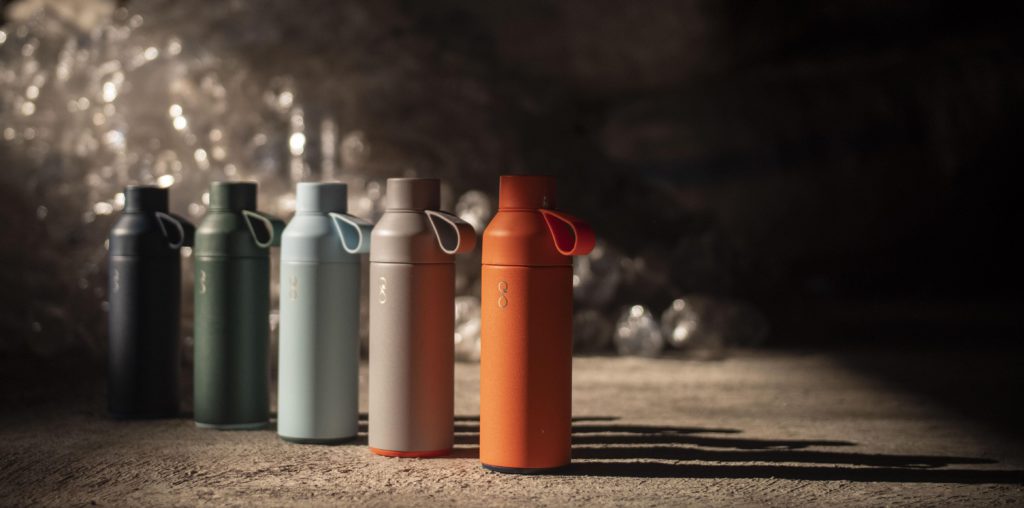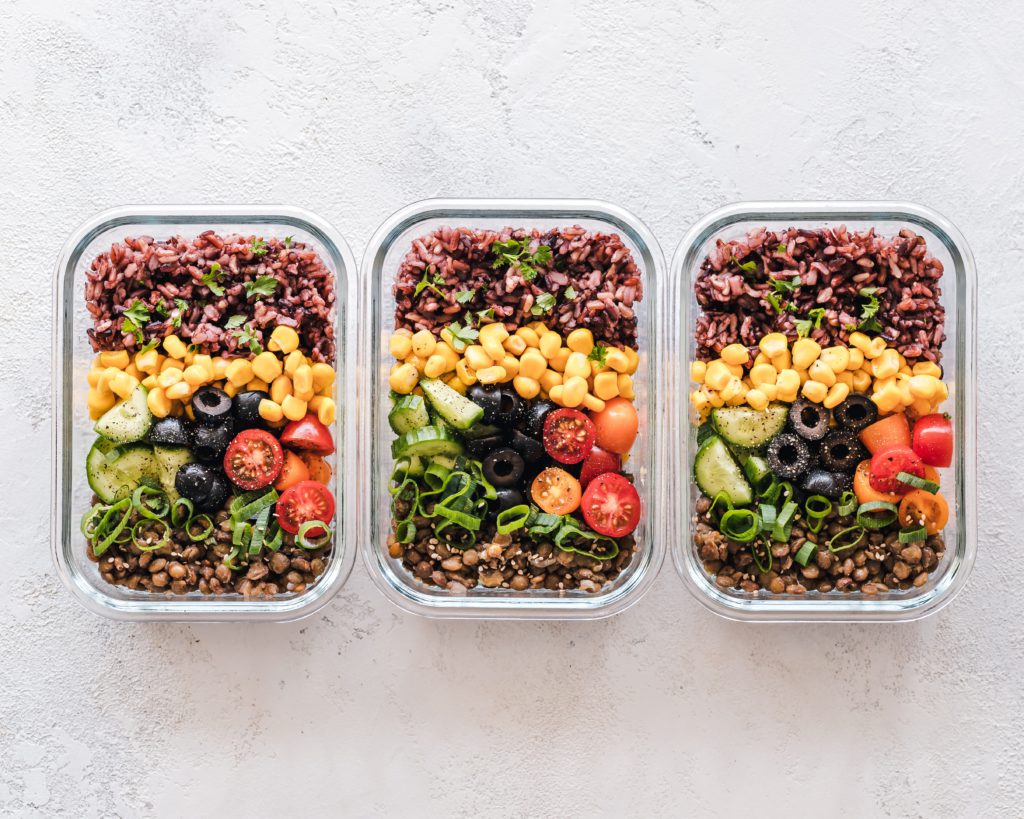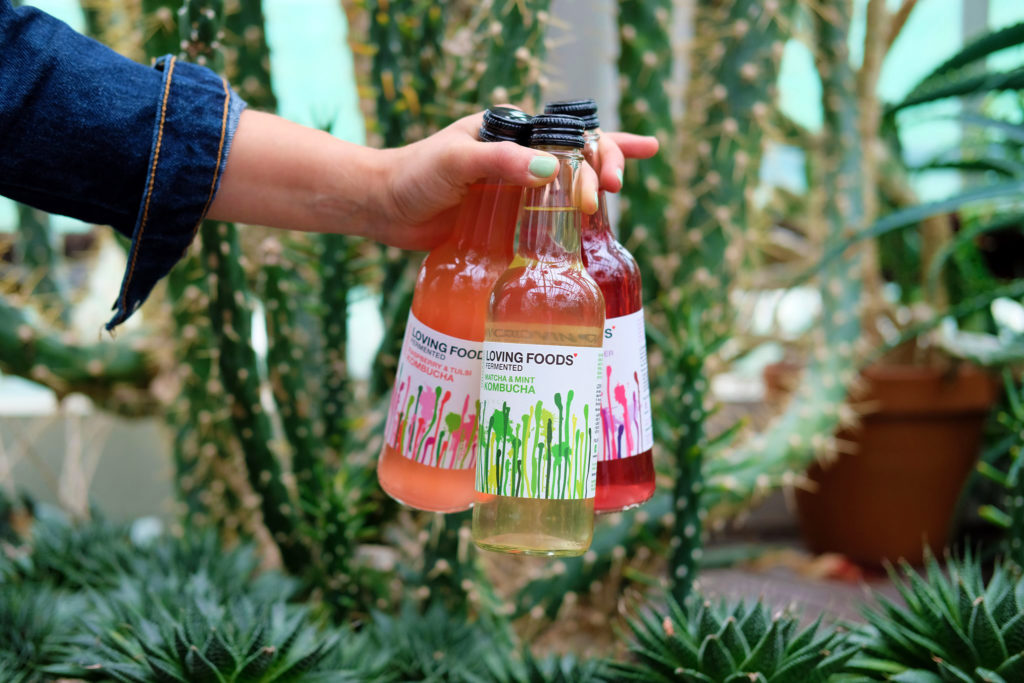TWEET THIS
Cattle farming in particular produces 14.5% of all greenhouse gas emissions with 1kg of meat producing the equivalent of 36kg of CO2. Click To Tweet 'On the go' ready meals generate up to 11 billion items of packaging waste per year in the UK, most of which is unfortunately not recycled Click To TweetLeading a more healthy & sustainable lifestyle can seem like a daunting task. As we learn more about sustainability and the environmental issues that society is currently facing, it can be easy to feel like we need to change our entire lives overnight. We become overwhelmed with eco-guilt, try to change too quickly, and when we inevitably slip up, we feel guilty all over again and the cycle continues. We start to obsess over our daily lifestyle choices, judging ourselves and sometimes even others when we don’t or can’t always make the most ‘ethical choice’. But guilt is never a sustainable mechanism for change and quitting ‘mainstream consumerism’ cold turkey will probably lead to a ‘relapse’.
So instead of getting up one morning and deciding to sell your petrol car, throw out your entire wardrobe and move to a remote village, start off by making some easy eco swaps that will help you maintain a healthy & sustainable lifestyle in the long term! This week is all about food and drink, so stay tuned for our next segments where we talk home & leisure, health & beauty and, fashion!
Swap #1: Meatless Mondays

Industrial agriculture is responsible for an overwhelming amount of environmental issues facing the planet today. Cattle farming in particular produces 14.5% of all greenhouse gas emissions with 1kg of meat producing the equivalent of 36kg of CO2. While cutting animal products out altogether can be an effective way to reduce this impact, it is not always practical for everyone. However, one thing we can all learn to do is explore more meat-free options in our diet. According to Meatless Farm, eating just one meat-free meal per week could reduce UK emissions by 8.4%, the equivalent of 50 million tonnes! If you’re ready to make #MeatlessMondays a thing, be sure to check out our selection of meat alternatives here!
Swap #2: Reusable Bottles

Over 60% of consumers say reducing plastic waste is the most important cause to them. With the average person using 27,545kg of plastic per year (University of Manchester), avoiding plastic altogether can feel like an almost impossible task. While governments have put in place effective measures to reduce the purchase of plastic bags, single-use plastic bottles continue to produce a staggering amount of plastic waste. An easy way to combat this is to invest in a reusable water bottle that you can refill on the go! And if you don’t know where your nearest refill is, we’ve got the perfect app for you. Check out Ocean Bottle for a great selection of reusable bottles that will save the equivalent of 11.4kg of plastic waste!
Swap #3: Home Cooking

‘On the go’ ready meals generate up to 11 billion items of packaging waste per year in the UK, most of which is unfortunately not recycled (Hubbub via The Guardian). One way to reduce your mealtime waste is to ditch those daily ready meals and incorporate more home cooking into your week. By cooking more you can cut down the amount of packaging you throw away on a daily basis, using reusable containers and cutlery instead. Not only will your waste be drastically reduced but you’ll also benefit from better health, knowing exactly what is going into the food you eat. Need to stock up before channelling your inner chef? Check out our grocery section to get you started!
Swap #4: Kombucha

You probably already know what we’re going to say; it’s all about gut health. We’re big fans of fermented foods and here’s why. We know the gut is connected to everything from mental health to bloating and digestive issues. Did you know that good gut health also promotes the production of Serotonin a.k.a the ‘happiness’ hormone? Our neurotransmitter which helps regulate our mood as well as our sleep, appetite, digestion, learning ability, and memory. While soft drinks are known to actively contribute to poor physical and mental health, kombucha has a much more positive impact as an alternative. Made from fermented tea, these ‘fizzy’ drinks not only have a very low environmental impact to produce but are also said to have several health benefits including being high in antioxidants and probiotic-rich. At certain concentrations, the ‘good bacteria’ in kombucha can help to improve digestion and balance the gut microbiome. Check out our full selection of fermented food & drink here!
So there you have it! Four healthy, easy food & drink eco-swaps you can make today that make a big impact when done consistently. If you enjoyed this post, you’ll love our post on How to make your grocery shop more eco-friendly.